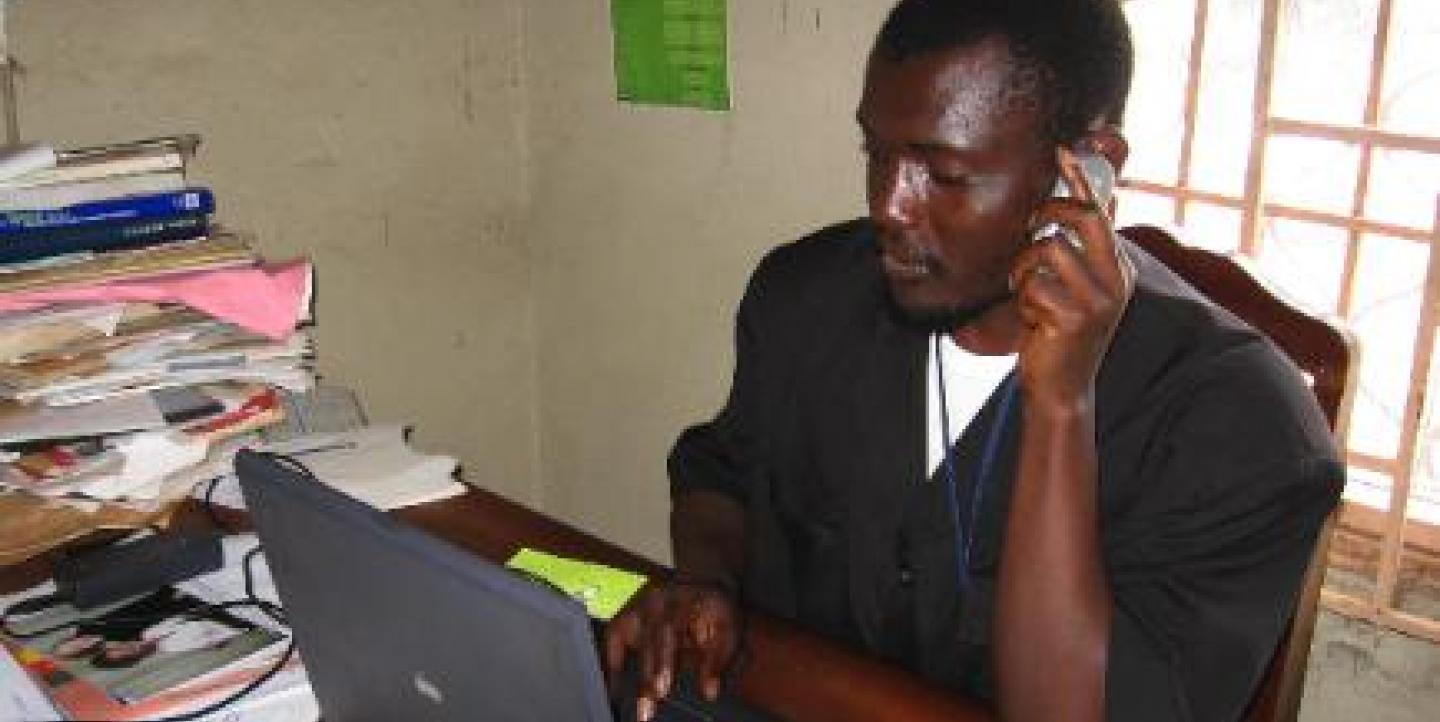In the past two decades, as many countries on the African continent spawned revolutions that crumbled dictatorships and opened trade routes, media in Africa have flourished.
Today, a vibrant African media environment exists. In cities where there was once only one a handful of newspapers, hundreds of media outlets compete. And African consumers are more connected, taking advantage of various forms of communication, from short wave to mobile technology.
Digital convergence - news that consists of cross-platform components, including print, broadcast and digital media - will be a reality on the continent by 2015, Diane Butts, a special projects manager for the Broadcasting Board of Governors, recently told IJNet, and a lot of countries are already "ahead of the curve."
According to Butts, who spoke at a meeting of Africa experts last week held by the U.S.-based international news network Voice of America (VOA), in Washington, D.C., countries are replacing outdated infrastructure with technological advancements. South Africa, she said, "will be connected digitally by the [2010] World Cup."
Today, there may be 200 newspapers published in a single city, such as Kinchasa, the capital of the Democratic Republic of Congo, which chief of VOA's Swahili service Mwamoyo Hamza said speaks to the resilience of African journalists.
"How do you survive? How do you put bread on the table with such a stiff competition?" Hamza asked.
But African journalists work and talents shine against the odds, which include a lack of equipment, infrastructure, training, resources and a decent salary to make ends meet. More deeply rooted societal problems include poverty and corruption, and governments that try to control the media.
In spite of years of European and U.S. efforts to apply development models to the African continent, the presenters agree the solutions have to come from within Africa.
"Everything in Africa now needs, in my view, a regional solution: water, infrastructure, or telecommunication," said Eric Chinje, Africa Region Manager in the External Affairs Unit at the World Bank. "We've got these 22 or more countries with population of 5 million; there's just no way they [Europe or the U.S.] can address meaningfully the problems that they have."
To resist government control of the media, unity among journalists has proven effective, Hamza said. Recently, Tanzania's government banned the newspaper Mwanahalisi for covering a plot to topple President Jakaya Kikwete. In response, the Editor's Forum of Tanzania blacked out the minister of information for the duration of the ban.
The African media boom has attracted all kinds of players, explained Eric Chinje, referring to "trained and untrained journalists, [and] businessmen who sought to exploit the expanding market without a real sense of what the media was all about."
Though the diversity among journalists is exciting, Reed Kramer, CEO of AllAfrica Global Media, believes professionalism is paramount to a successful media, and encourages the growth of journalism training.
Speakers agree that the press is a key building block for democracy and development in Africa. "There is a direct correlation between economic opportunity, countries opening up, better schools, better quality of journalists; it's all related," said Chinje.
Countries including Ghana, Mozambique, and Mali have improved economically as the press has begun to overcome the media boom challenges, according to Kramer.
But, he said, "The process is only beginning."
To listen to the podcast of the meeting, visit http://www.voanews.com/english/About/2008-10-07-Africa-Media-Event.cfm.


